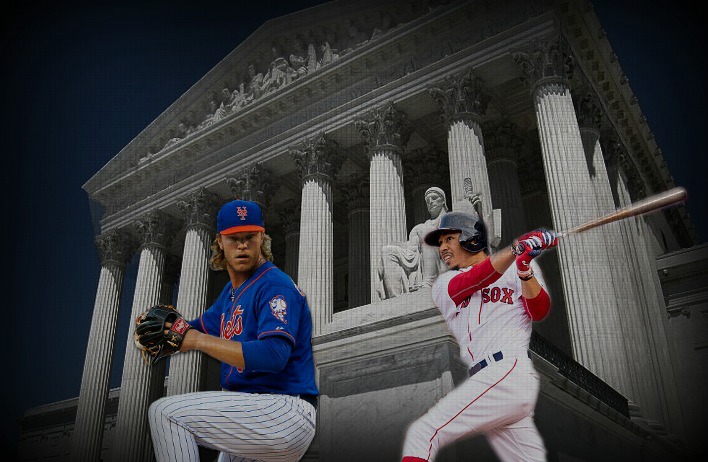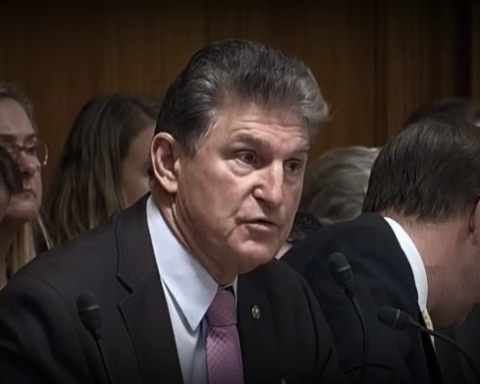The Supreme Court struck down a federal prohibition on sports betting, paving the way for states to legalize the activity.
In a 6-3 decision on Monday, the high court found that the Professional and Amateur Sports Protection Act (PASPA) was unconstitutional.
The court ruled that provisions in the law requiring states to prohibit sports gambling was an unlawful form of commandeering, prohibited by the Tenth Amendment.
“The Constitution gives Congress no such power,” Justice Samuel Alito wrote for the majority.
Without PASPA in place, states legislatures are now free to prohibit or allow sports gambling as they see fit.
The majority opinion noted that Congress could still pass a federal prohibition on sports gambling, “but if it elects not to do so, each State is free to act on its own.”
Billions of dollars are spent annually on both legal and illegal sports betting in the US.
Three justices voted against the opinion. Ruth Bader Ginsburg wrote the dissent, backed fully by Sonia Sotomayor, and partially by Stephen Breyer. The three liberals said they believed the majority ruling was too heavy-handed. Ginsburg’s opinion referenced a secondary provision within PASPA that effectively prohibited sports gambling without implicating commandeering concerns.
When it was passed, in 1992, PASPA blocked gambling in states across the country, with exceptions for Nevada, Delaware, Montana, and Oregon, which were grandfathered in due to prior existing pro-gaming laws. The law also granted New Jersey an exemption as long as it set up a sports betting scheme within one year, but the state declined at the time.
Two decades later, under Republican Gov. Chris Christie, New Jersey revisited the issue and opted to legalize betting on sports. In order to so, the state launched a legal challenge against PASPA, culminating in Monday’s decision.
“A great day for the rights of states and their people to make their own decisions,” Gov. Christie said in a tweet, responding to the decision.
Sports betting markets could soon open up at the state level following the Supreme Court’s ruling. More than a dozen states are considering bills to legalize sports gambling. New Jersey, Pennsylvania and Connecticut have already passed new gaming laws to include sports.
Companies that have flourished offering daily “fantasy” sports contests under PAPSA loopholes–firms like FanDuel and DraftKings–have also showed an interest in offering traditional sports gambling in the near future.
“This ruling gives us the ability to further diversify our product offerings and build on our unique capacity to drive fan engagement,” DraftKings CEO Jason Robins told Reuters.








